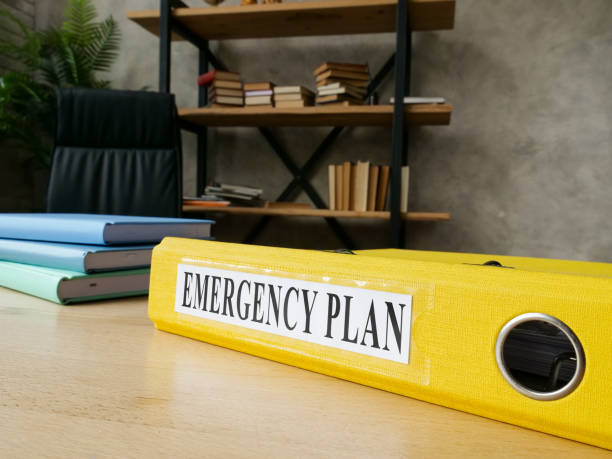Families can cope with disasters by preparing in advance and working together as a team. Planning what to do before a disaster strikes provides the best protection for you and your family.
Planning Considerations for Children Before a Storm
- Talk about hurricanes and why they occur. Help your child to understand that a hurricane is a natural event and not anyone’s fault.
- In the event of hurricanes, tornadoes or tropical storms, let them know that there will be strong winds, lightning and thunder, heavy rains and possible flooding.
- Talk with your child about emergencies in a calm way and use simple words that young children can understand-“An emergency is when something happens that we don’t expect and we have to act quickly to keep ourselves safe.”
- Explain to children that the passage of a hurricane last only a few hours, and reinforce the fact that the family will remain together during this time.
- Reassure them that it takes preparation to have everything necessary on hand, but that the most important thing is to remain safe.
- Don’t ignore children during hurricane preparation time. Make them part of the plan by gathering their favorite belongings (i.e. colored pencils, books, favorite small toys, pajamas, etc.) in a bag or box. This process makes them feel part of the preparation efforts. Let them personalize their bag/box by decorating it with drawings or stickers.
- Because you and your family may not be together when a disaster hits, it’s important to create a communication plan to help you and your loved ones connect and get help. Sit down together and decide how you will get in contact with each other, where you will go and what you will do in an emergency.
- Help your child learn his/her whole name and the whole names of caregivers. If you and your child ever get separated, he/she can share these names with trusted adults to reach you.
- Help your child learn your phone number and address so you can reunite your family quickly in an emergency.
- Practice your family evacuation plan so that during an emergency, you can evacuate quickly and that your child understands what his/her role is.
- Determine the best escape routes from your home. Find two ways out of each room.
Tips for Parents
- Reassure children that leaving the house is just a SAFETY measure, and that you will return home as soon as the storm has cleared and it is safe to do so.
- Make sure you pack your child’s favorite stuffed animal, toy, or doll so they have something familiar to them if you have to evacuate your home.
- Ask your child to help prepare your disaster kit for the family pet(s). Pick up pets in animal shelters as soon as circumstances allow.
- Ask your child’s school or daycare provider about their emergency plan. Will you be picking your child up from the school or an alternate site? How will the school communicate with you before and after an emergency.
- Protect your child from seeing too many sights and images on the internet, or TV.
- Avoid crying and emotional outbursts in the presence of children. In a child’s mind these events represent a tragedy, and your calmness and optimism assures them of a quick return to “normal” activities.
- Prepare your children, once the storm is over, and before going outdoors for the aftermath.
- Talk to them about trees that have gone down, broken windows, houses that may have collapsed, electric cables, etc. Reassure children of the fact that these are expected consequences of the storm and all this damage can be restored in due time.
- Before children are returned to areas impacted by a hurricane, make sure utilities, such as electricity and plumbing, are restored and living spaces are free from physical and environmental hazards.
- In the event of flooding, do not allow your child to swim, or walk in flooded areas. These waters may be contaminated, and may carry debris that can be harmful.
- Let children help in clean-up and recovery efforts in age-appropriate ways as this participation may increase their sense of control over the situation.

